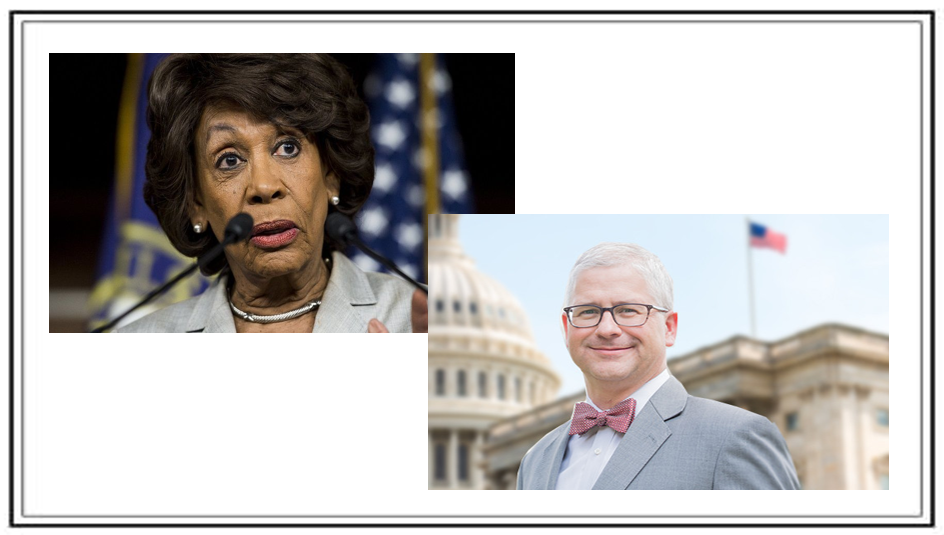
According to Bloomberg sources, the House of Representatives is actively developing a law aimed at a two-year ban on algorithmic stablecoins like TerraUSD. In the text of the law, the term "endogenously collateralized stablecoins" was introduced for such coins.
The fall of LUNA and Terra has globally affected the crypto market. Internal market problems related to individual projects, the well-being of which somehow depended on the Terra ecosystem, became only part of the consequences of this crisis. The death spiral of TerraUSD has attracted the attention of regulators around the world to stablecoins.
Citing its sources and a copy of the law, Bloomberg reported that the US House of Representatives is developing a legislative draft that could ban the release of "endogenously collateralized stablecoins" for two years.
Coins that meet two main criteria fall under the definition of "endogenously collateralized stablecoins":
- Stablecoins can be converted, redeemed or repurchased at a fixed monetary value (recall that stablecoins, as a rule, tend to maintain a one-to-one value with the US dollar or other fiat currency).
- Endogenously collateralized stablecoins fixed price is supported by another digital asset that belongs to the same company as the stablecoin itself. (within the Terra ecosystem, the binding of the UST stable coin to the dollar was carried out using the LUNA auxiliary token).
Interestingly, the bill is designed to prohibit the release of "endogenously collateralized stablecoins" for only two years. It can be assumed that such a decision is due to the need to restore the market after the collapse of Terra, because as practice shows, the state of the crypto market can also affect the traditional economy of the country. However, this is just our guess, there is no official data why the ban should be in effect for only two years.
Representatives of the Democratic and Republican parties worked together on the law. The first was presented by Maxine Waters, Chairman of the House Committee on Financial Services, and the second was presented by congressman Patrick McHenry. According to Bloomberg sources, Patrick McHenry may not have approved the latest draft law.

It is worth paying attention to the fact that politicians have different attitudes to cryptocurrencies and innovative market development. Patrick McHenry is a supporter of digital currencies and blockchain, he actively promotes the use of new technologies and is working on a legislative framework. While Maxine Waters does not consider cryptocurrencies a good tool. In 2020, she even promoted the idea of banning traditional banks from storing collateral for stablecoins, but it was never implemented at the legislative level.
As a rule, such bills are perceived ambiguously by the crypto community, since they contribute to the introduction of rules that the government comes up with into the decentralized market. However, the Terra crisis has demonstrated the need to regulate such crypto projects.
One of the brightest representatives of the crypto community and the chief researcher of Terra in his Twitter reacted to the news about the new law, noting that Terra was quite centralized, despite the fact that UST is considered to be a decentralized project.
In many ways, Do Kwon set the crypto space back by years. Most Terra fans don't even realize that the "decentralization maxi" spiel was pure LARP - Terra was one of the most centralized L1s, and UST's primary backing ($3b in BTC) was sitting in one guy's wallet with no oversight. https://t.co/MJ2c7U1kgJ
— FatMan (@FatManTerra) September 21, 2022
It is not yet known how soon this bill will be adopted, and its impact on the crypto market is difficult to assess clearly. On the one hand, we may not see any new interesting projects related to algorithmic stablecoins, and on the other hand, it can be assumed that the ban on algorithmic stablecoins will provoke an increase in the popularity of stablecoins that are backed by fiat currency, other crypto assets or precious metals. We will continue to observe the movement of this bill and will tell you about further developments.

